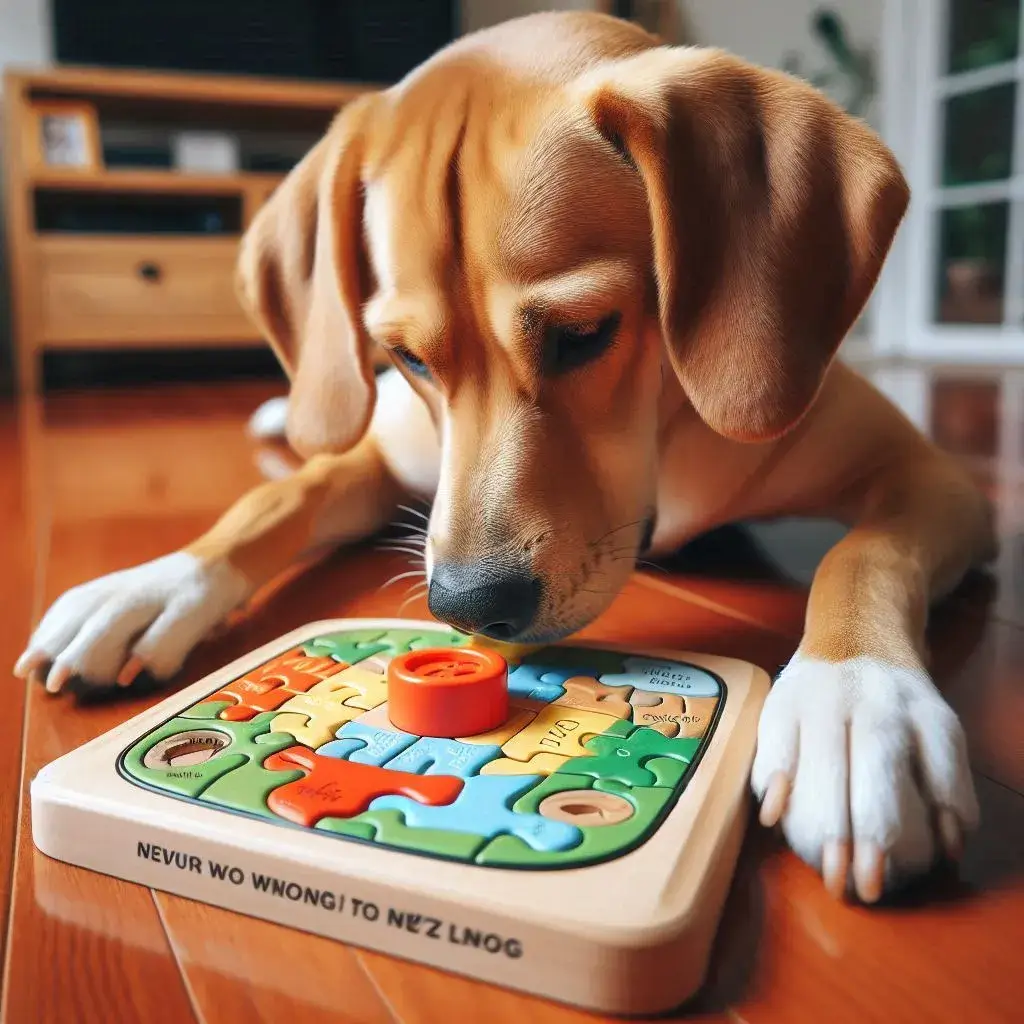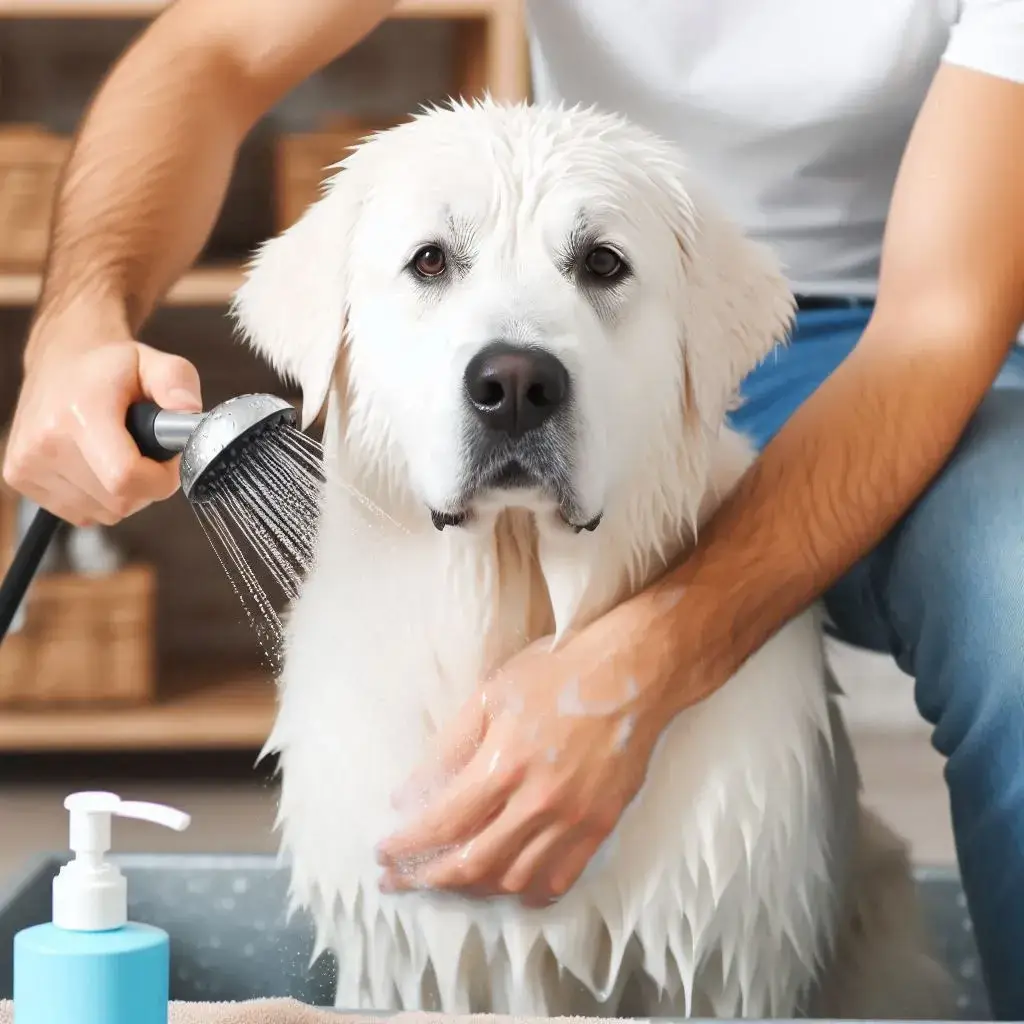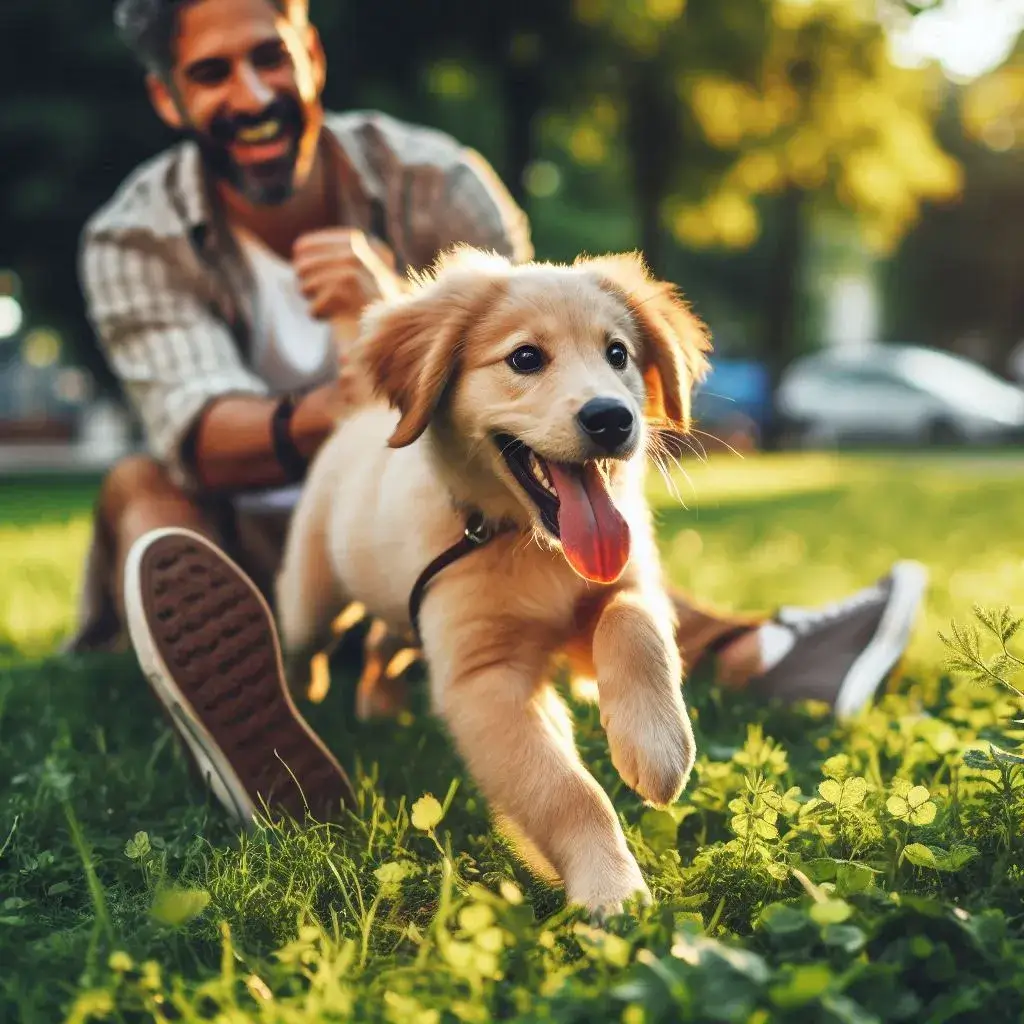Adopting a dog is a joyous and fulfilling experience, bringing a new furry member into your family. However, ensuring that your adopted dog leads a healthy lifestyle requires dedication and knowledge. This article provides comprehensive tips for maintaining a healthy lifestyle for adopted dogs, covering various aspects such as nutrition, exercise, mental stimulation, grooming, and regular veterinary care.
| Outline |
|---|
| Introduction |
| Understanding Your Adopted Dog’s Background |
| Initial Health Assessment |
| Creating a Balanced Diet |
| Importance of Proper Nutrition |
| Choosing the Right Dog Food |
| Homemade vs. Commercial Dog Food |
| Feeding Schedules and Portions |
| Ensuring Regular Exercise |
| Types of Exercises for Dogs |
| Creating a Routine |
| Mental Stimulation and Enrichment |
| Interactive Toys and Games |
| Training and Socialization |
| Grooming and Hygiene |
| Regular Grooming Practices |
| Dental Care for Dogs |
| Regular Veterinary Check-ups |
| Recognizing Signs of Illness |
| Vaccinations and Preventative Care |
| Emotional Well-being of Adopted Dogs |
| Building Trust and Bonding |
| Dealing with Separation Anxiety |
| Conclusion |
| FAQs |
Understanding Your Adopted Dog’s Background
Understanding your adopted dog’s background is crucial for providing the best care possible. Many adopted dogs come from shelters or rescue organizations, and they may have experienced trauma or neglect. Knowing their history helps tailor your approach to their care.
Initial Health Assessment
Upon adopting a dog, schedule an initial health assessment with a veterinarian. This check-up will help identify any underlying health issues and ensure your dog is up-to-date on vaccinations and preventative treatments.
Creating a Balanced Diet

A balanced diet is fundamental to maintaining a healthy lifestyle for your adopted dog. Proper nutrition supports their overall health, energy levels, and longevity.
Importance of Proper Nutrition
Dogs require a diet rich in proteins, fats, carbohydrates, vitamins, and minerals. Proper nutrition ensures healthy growth, a strong immune system, and a shiny coat.
Choosing the Right Dog Food
Selecting high-quality dog food is essential. Look for brands that use natural ingredients without fillers or artificial additives. Consider your dog’s age, breed, and health needs when choosing their food.
Homemade vs. Commercial Dog Food
Both homemade and commercial dog foods have their pros and cons. Homemade food allows for complete control over ingredients but requires careful planning to ensure nutritional balance. Commercial dog foods are convenient and often formulated to meet dogs’ nutritional needs.
Feeding Schedules and Portions
Establish a regular feeding schedule to regulate your dog’s digestion and metabolism. The portion size should align with their age, weight, and activity level. Avoid overfeeding to prevent obesity.
Ensuring Regular Exercise

Regular exercise is vital for your adopted dog’s physical and mental health. It helps maintain a healthy weight, improves cardiovascular health, and provides mental stimulation.
Types of Exercises for Dogs
Different breeds have varying exercise needs. Common exercises include walks, runs, fetch, agility training, and swimming. Ensure the exercise routine matches your dog’s energy levels and physical capabilities.
Creating a Routine
Consistency is key in your dog’s exercise routine. Establish a daily schedule that includes a mix of physical activities and playtime. This routine will help your dog stay active and reduce behavioral issues.
Mental Stimulation and Enrichment

Mental stimulation is as important as physical exercise for maintaining a healthy lifestyle for adopted dogs. It keeps their minds sharp and prevents boredom-related behaviors.
Interactive Toys and Games
Invest in interactive toys and puzzle games that challenge your dog’s problem-solving skills. Rotate toys regularly to keep your dog engaged and interested.
Training and Socialization
Training sessions are great for mental stimulation and bonding. Teach your dog basic commands, tricks, and good manners. Socialization with other dogs and people is also crucial for their mental health.
Grooming and Hygiene

Regular grooming and hygiene practices are essential for your dog’s well-being. It prevents skin problems, and infections, and keeps your dog looking and feeling their best.
Regular Grooming Practices
Brush your dog’s coat regularly to remove loose fur and prevent matting. Bathe them as needed, depending on their coat type and lifestyle. Trim their nails and clean their ears to avoid infections.
Dental Care for Dogs
Oral hygiene is often overlooked but is crucial for preventing dental diseases. Brush your dog’s teeth regularly with dog-friendly toothpaste and provide dental chews to help maintain oral health.
Regular Veterinary Check-ups
Routine veterinary check-ups are vital for monitoring your dog’s health and catching any issues early. Your vet can provide tailored diet, exercise, and preventative care advice.
Recognizing Signs of Illness
Be vigilant about changes in your dog’s behavior, appetite, or energy levels. Early detection of signs of illness can lead to prompt treatment and better outcomes.
Vaccinations and Preventative Care
Keep your dog’s vaccinations up-to-date to protect them from common diseases. Regularly administer preventative treatments for fleas, ticks, and heartworms.
Emotional Well-being of Adopted Dogs

Adopted dogs may need extra support to adjust to their new environment. Ensuring their emotional well-being is critical for their overall health and happiness.
Building Trust and Bonding
Spend quality time with your dog to build trust and strengthen your bond. Positive reinforcement and patience are key to helping your dog feel secure in their new home.
Dealing with Separation Anxiety
Separation anxiety is common in adopted dogs. Gradually acclimate your dog to being alone by starting with short periods and gradually increasing the time. Provide comforting items like their favorite toys or a piece of your clothing.
Conclusion
Maintaining a healthy lifestyle for adopted dogs involves a holistic approach, addressing their physical, mental, and emotional needs. You can ensure your adopted dog thrives in their new home by understanding their background and providing proper nutrition, regular exercise, mental stimulation, grooming, and veterinary care.
FAQs
What is the best diet for an adopted dog? A balanced diet with high-quality proteins, fats, carbohydrates, vitamins, and minerals is best. Consult your vet for personalized advice.
How often should I exercise my adopted dog? Exercise frequency depends on the dog’s breed, age, and energy levels. Generally, dogs need at least 30-60 minutes of exercise daily.
What are the signs of separation anxiety in dogs? Signs include excessive barking, destructive behavior, pacing, and attempts to escape when left alone.
How can I help my adopted dog adjust to their new home? Provide a safe, quiet space, establish a routine, and spend quality time bonding. Patience and positive reinforcement are essential.
How often should I take my adopted dog to the vet? Regular check-ups are recommended at least once a year, or more frequently if there are health concerns.
What grooming practices are necessary for adopted dogs? Regular brushing, bathing as needed, nail trimming, ear cleaning, and dental care are essential grooming practices


